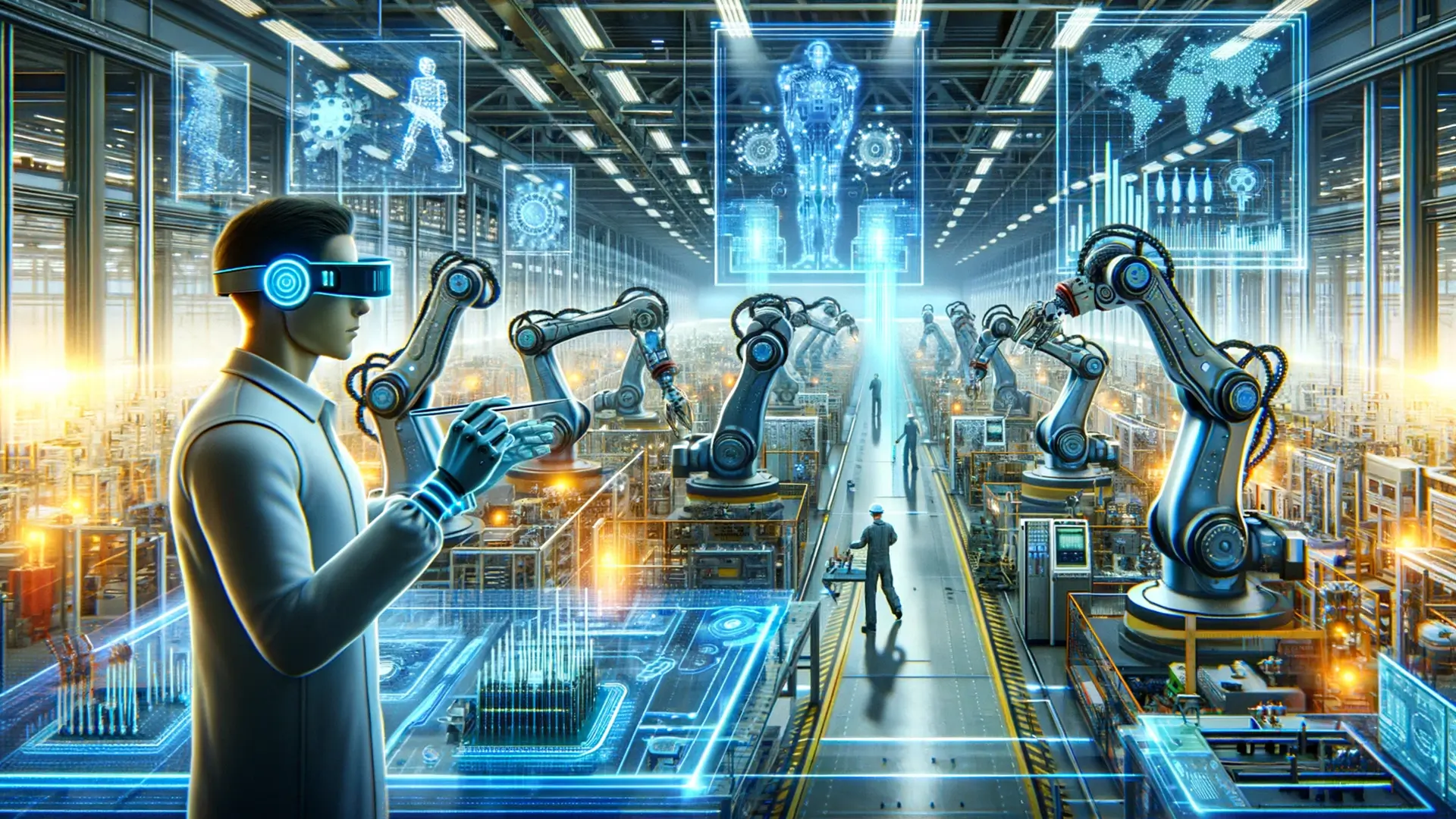
Chatbots vs. Human Agents: A Cost Comparison for Modern Businesses
In today’s fast-paced business environment, customer service plays a crucial role in customer satisfaction and retention. To meet the growing demands of 24/7 availability and quick response times, many businesses are turning to automated solutions like chatbots. However, the question remains: are chatbots a cost-effective alternative to human agents? Let’s delve into the cost comparison between these two options.

Understanding the Costs
When considering the cost of customer service, it’s important to look beyond the upfront investment. Here’s a breakdown of the key factors that contribute to the overall cost of both chatbots and human agents:
Chatbots
- Initial Development and Setup: The cost of developing a chatbot can vary widely depending on its complexity and features. Factors such as natural language processing (NLP) capabilities, integration with existing systems, and customization requirements will influence the price.
- Ongoing Maintenance and Updates: Chatbots require regular maintenance to ensure optimal performance and address evolving customer needs. This includes updates to the chatbot’s knowledge base, bug fixes, and improvements to its conversational abilities.
- Infrastructure Costs: Hosting and maintaining a chatbot requires infrastructure resources such as servers and storage. These costs can be managed through cloud-based solutions or on-premises infrastructure.
Human Agents
- Hiring and Training: Recruiting, hiring, and training human agents can be a significant upfront cost. This includes salary, benefits, and the time and resources invested in training agents on company policies, products, and customer service best practices.
- Ongoing Costs: Once hired, human agents incur ongoing costs such as salaries, benefits, overtime pay, and performance bonuses. Additionally, businesses may need to invest in training and development programs to keep agents up-to-date with changes in products, services, and customer expectations.
- Infrastructure Costs: Human agents require infrastructure such as call centers, office space, and equipment. These costs can be substantial, especially for businesses with large customer service teams.
Cost Comparison: Chatbots vs. Human Agents
While it’s difficult to provide a one-size-fits-all cost comparison, here are some general considerations:
- Initial Investment: Chatbots often have a higher initial investment due to development and setup costs. However, in the long run, they can lead to cost savings.
- Ongoing Costs: Chatbots typically have lower ongoing costs compared to human agents, as they don’t require salaries, benefits, or overtime pay.
- Scalability: Chatbots can be easily scaled to handle increased customer volume without additional hiring costs, making them a more flexible option.
- Availability: Chatbots can provide 24/7 customer support, reducing the need for human agents to work long or irregular hours.
- Quality of Service: While chatbots have improved significantly in recent years, they may still struggle with complex customer inquiries or emotionally charged interactions. In such cases, human agents may be better equipped to provide a satisfactory customer experience.
Factors to Consider
When deciding whether to invest in chatbots or human agents, consider the following factors:
- Customer Needs: Assess the complexity of your customers’ inquiries and the level of emotional intelligence required to address them. If your customers often require personalized assistance or deal with sensitive issues, human agents may be more suitable.
- Business Goals: Determine your business goals and how customer service can contribute to achieving them. If cost reduction and scalability are key priorities, chatbots may be a good option.
- Integration with Existing Systems: Evaluate the ease of integrating chatbots with your existing customer relationship management (CRM) system and other business tools.
- Return on Investment (ROI): Calculate the potential ROI of investing in chatbots by considering the cost savings, increased customer satisfaction, and improved efficiency.
Conclusion
The decision between chatbots and human agents depends on the specific needs and goals of your business. While chatbots can offer significant cost savings and scalability benefits, human agents may be better suited for complex customer interactions or emotionally charged situations. By carefully considering the factors outlined in this article, you can make an informed decision that aligns with your business objectives and provides the best possible customer experience.

